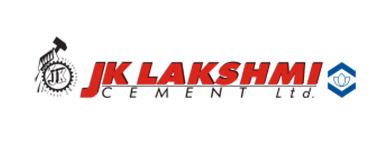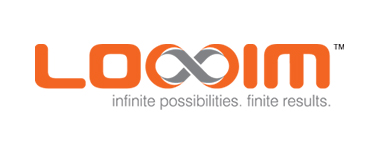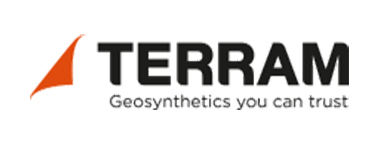
Frequently Asked Questions on ISO 9001
The ISO 9001 audit process is a systematic examination conducted to assess an organization's quality management system (QMS) compliance with the requirements of the ISO 9001 standard. It involves the following key steps:
Planning: The audit objectives, scope, and criteria are defined. The audit team is assembled, and the audit schedule is prepared.
Opening Meeting: The audit process begins with an introduction to the auditee, explaining the purpose and scope of the audit.
Document Review: The auditors review the organization's QMS documents, policies, procedures, and records to evaluate their alignment with ISO 9001 requirements.
On-site Assessment: The auditors conduct on-site interviews and observations to verify the QMS implementation and effectiveness.
Finding Identification: Any non-conformances or areas of improvement are identified and documented as audit findings.
Reporting: The audit findings are presented in an audit report, which includes the strengths and opportunities for improvement of the QMS.
Closing Meeting: The audit concludes with a closing meeting, where the auditors communicate their findings and recommendations to the auditee.
Follow-up: The organization addresses the identified non-conformances and implements necessary corrective actions. The audit team may conduct a follow-up audit to verify the effectiveness of these actions.
The ISO 9001 audit process helps organizations ensure that their QMS meets the required quality standards and promotes continuous improvement.
The role of an ISO 9001 auditor is to independently assess an organization's quality management system (QMS) to ensure compliance with the ISO 9001 standard. Their primary responsibilities include:
Conducting Audits: Auditors plan and conduct audits to evaluate the effectiveness and implementation of the organization's QMS. They follow established audit procedures and assess the organization's processes, procedures, and records.
Verifying Compliance: Auditors verify whether the organization's QMS meets the requirements outlined in the ISO 9001 standard. They check for adherence to documented policies and procedures.
Identifying Non-conformities: If any discrepancies or non-compliances are found during the audit, auditors identify and document these as audit findings or non-conformities.
Reporting and Documentation: Auditors prepare detailed audit reports that include their findings, observations, and recommendations. These reports serve as valuable feedback for the organization's management.
Objective Evaluation: Auditors remain objective and impartial during the audit process, ensuring a fair evaluation of the QMS.
Follow-up and Verification: After identifying non-conformities, auditors may follow up with the organization to ensure that corrective actions are implemented effectively.
Continuous Improvement: Auditors play a crucial role in promoting a culture of continuous improvement within the organization. They highlight areas for improvement and opportunities to enhance the QMS.
Staying Updated: Auditors stay informed about changes in the ISO 9001 standard and relevant industry practices to maintain their competence.
Overall, ISO 9001 auditors help organizations improve their quality management processes, ensure customer satisfaction, and achieve compliance with internationally recognized quality standards.
Here's a list of some types of companies that commonly use ISO 9001:
- Manufacturing Companies
- Service Providers
- Construction and Engineering Firms
- Healthcare Organizations
- Educational Institutions
- Information Technology (IT) Companies
- Government Organizations
- Non-Profit Organizations
- Transportation and Logistics Companies
- Energy and Utilities Companies

















